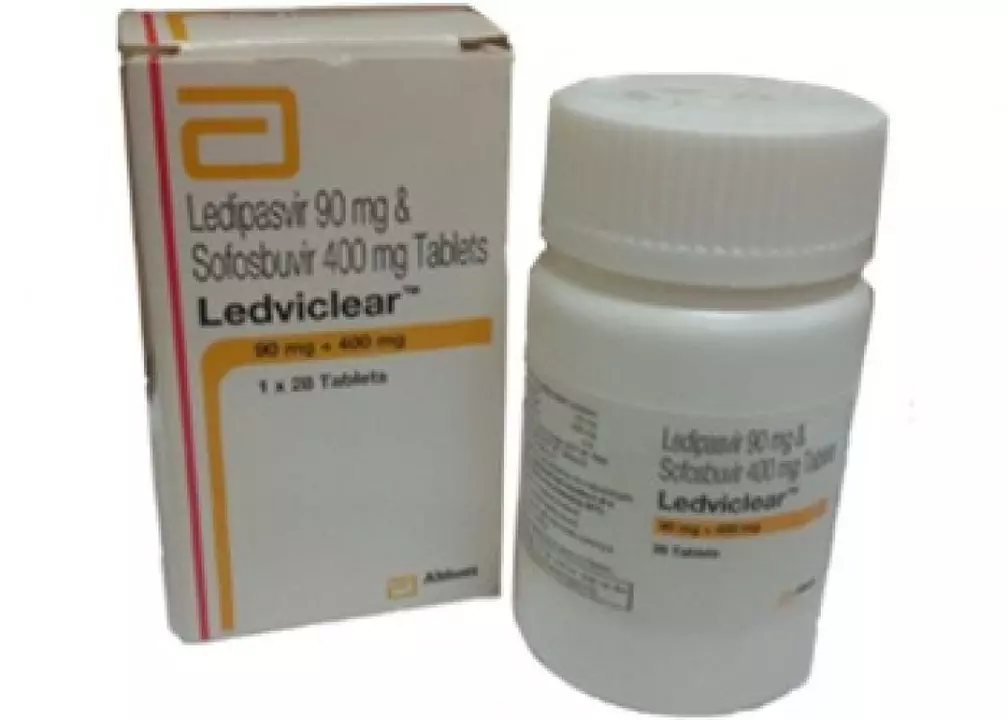Hepatitis C (HCV) is a viral infection that attacks the liver. It often shows no obvious symptoms for years, but modern treatments can cure most people. If you think you might be at risk — past injection drug use, tattoos in non-sterile places, blood transfusions before 1992, or shared personal items — get tested. Catching it early makes treatment simpler and cuts the chance of long-term liver damage.
Testing starts with a simple blood test for HCV antibodies. If that's positive, a follow-up RNA test checks for active virus. Ask your clinic for both tests so you don't wait. After a positive RNA test, doctors usually order liver blood work and sometimes a scan or fibroscan to check for scarring. Ask about an HCV genotype test only if needed; many newer drugs work for all genotypes.
Today the usual treatment is a short course (8–12 weeks) of direct-acting antivirals, or DAAs. Common combinations include sofosbuvir/velpatasvir and glecaprevir/pibrentasvir. These pills are taken daily, have few side effects for most people, and cure over 95% of cases when taken correctly. Your provider will pick the best regimen based on your liver health and any other meds you take.
Talk about drug interactions before you start. Some heart, seizure, or HIV meds can clash with DAAs. Also, get vaccinated for hepatitis A and B if you aren’t already immune. Avoid alcohol while your liver heals — even small amounts can speed damage.
After finishing treatment, you'll have a viral load test around 12 weeks later (SVR12). If it's undetectable, that's considered a cure. Keep monitoring if you had advanced scarring; people with cirrhosis need lifelong follow-up for liver cancer screening.
Cost can worry people. Check your insurance, patient assistance programs from drug makers, and local health clinics. If you’re looking at online pharmacies, pick licensed, verified sources and ask your doctor before ordering. StrutYourSupplements.su has guides on buying meds safely online and links to trusted resources.
Protect others: avoid sharing needles, razors, or toothbrushes. Use condoms if there’s a risk of blood contact. If you’re pregnant or planning pregnancy, discuss HCV with your provider — screening and timing of treatment matter.
Need help finding a test or specialist? Call local public health clinics or ask your primary care doctor for a referral to a hepatologist or an infectious disease clinic. Community clinics and harm-reduction centers often offer free or low-cost testing and support.
Hepatitis C used to feel like a life sentence. Now most people can expect a cure and a normal life after proper testing and treatment. Get tested, talk to a clinician, and follow through with treatment and follow-up.

During my treatment with Ledipasvir, I can expect it to be combined with Sofosbuvir to help treat chronic hepatitis C. Throughout the process, I may experience some side effects such as fatigue, headache, and nausea. It's essential for me to follow my doctor's instructions and take the medication as prescribed to ensure its effectiveness. I should also remember to inform my doctor of any other medications I am taking to avoid potential drug interactions. Overall, Ledipasvir treatment aims to improve my health by clearing the hepatitis C virus from my system.
